![]() May 17 2022
May 17 2022
![]()
With the development of modern agriculture, environmental pollution and resource waste caused by the accumulation of agricultural wastes have become increasingly prominent. Vigorously developing the comprehensive utilization of agricultural wastes is of great significance for protecting the ecological environment and promoting sustainable agricultural development. Bagasse is the residual sugarcane stem fiber residue after sugarcane is crushed and pressed to extract sugarcane juice. Its content accounts for 24% to 27% of sugarcane, and it is one of the largest agricultural wastes in the world. As the third largest sugarcane growing country in the world, China has an annual output of more than 20 million tons of sugarcane bagasse. Compared with other agricultural wastes, bagasse also has the characteristics of centralized source, simple collection, small transportation radius, relatively stable composition, and uniform properties. Therefore, the development and utilization of bagasse resources have received extensive attention from researchers at home and abroad.
Due to the high degree of lignification of bagasse and the lack of traditional conversion and utilization methods, its traditional utilization methods are limited to extensive and inefficient utilization as boiler fuel, combustion power generation, etc., and the utilization rate is extremely low, and most of the bagasse is directly discarded. or landfill disposal. In recent years, with the continuous development of modern biomass conversion and utilization technology, the utilization of bagasse has become more and more diverse. Among them, materialization is one of the important ways of high-value utilization of bagasse, and it has broad development prospects.
The chemical composition of bagasse is mainly lignocellulose, in the dry matter, cellulose accounts for 32% to 48%, hemicellulose accounts for 19% to 24%, lignin accounts for 23% to 32%, and ash content is about 4%. The chemical composition of bagasse makes it an ideal raw material for the development of environmentally friendly materials.
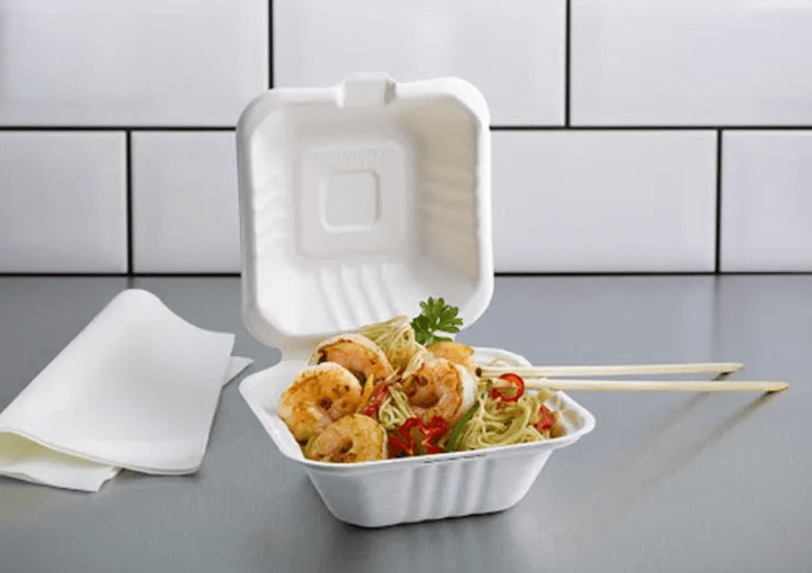
Bagasse can be used to produce household paper such as toilet paper, napkins, wrapping paper, corrugated paper, coated paper, copy paper and biodegradable sugarcane bagasse plates, etc. In China, pulping and papermaking is the most important way of using bagasse except as fuel, but due to geographical and raw material constraints, it is mainly concentrated in Guangxi, Yunnan and other areas where sugar-making enterprises are concentrated. The idea of bagasse pulping and papermaking combined with biorefinery, that is, to obtain both pulp and high value-added chemicals, such as ethanol pulping, acetic acid pulping, high-boiling alcohol pulping, etc., with solvent It has the advantages of recyclability, and can simultaneously separate and obtain hemicellulose, cellulose and highly reactive lignin.
Bagasse can be made into disposable green tableware after pulping and molding. This kind of tableware has sufficient strength, and is oil-resistant, heat-resistant, non-toxic, odorless, non-polluting, and biodegradable. It can completely replace plastic tableware. White pollution". According to reports, there are nearly 20 enterprises in Guangxi that use bagasse to produce green tableware. In addition to supplying the domestic market, the products are also exported to Japan, South Korea, the United States, Spain and other countries.
Due to the small specific gravity and good fiber quality of bagasse, the obtained biodegradable sugarcane bagasse plates have excellent properties, such as light weight, high strength, not easy to be attacked by organisms, in addition, its low water absorption, good fire resistance, good machinability and Decorative performance, etc., suitable for furniture, construction, carriages, ships, speakers, packaging boxes and other production industries. Chemical analysis showed that the sugar in bagasse enhanced the performance of wood-based panels.
PRODUCT CATEGORIES
![]() You May Also Like
You May Also Like
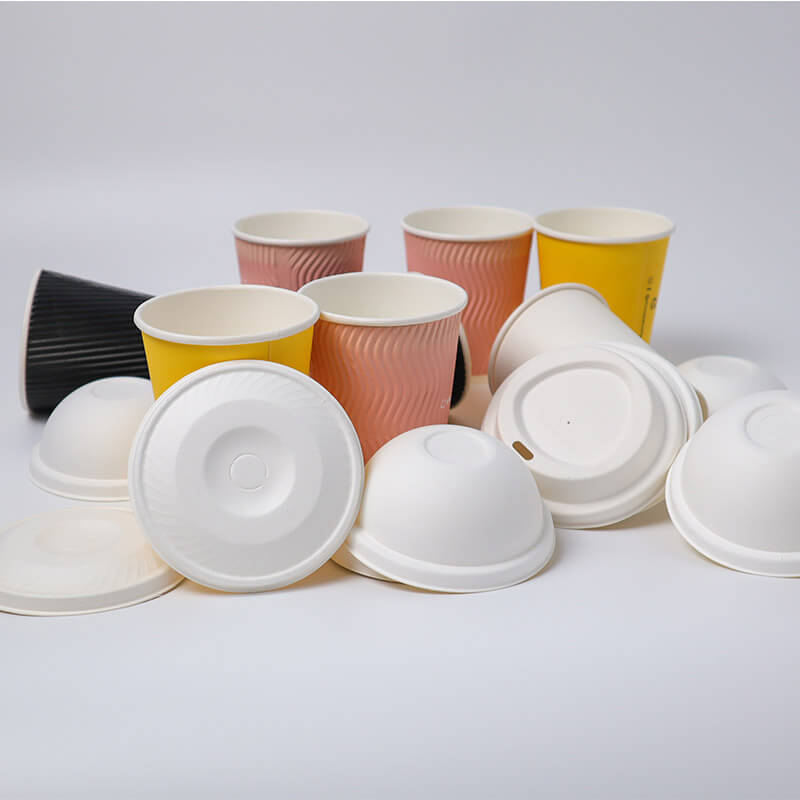
Custom Biodegradable Bagasse Pulp Cuplids, Coffee Paper Cup And Lids
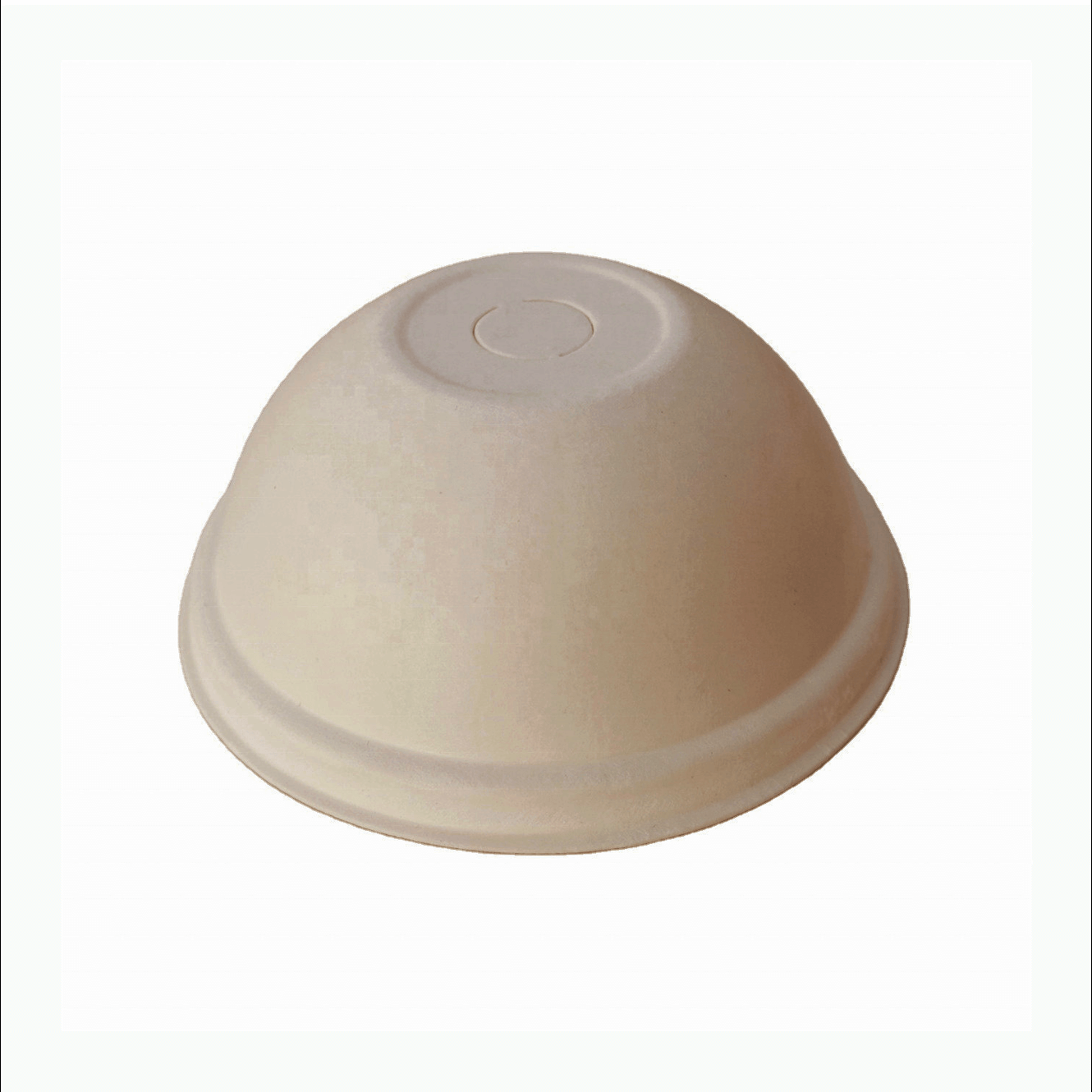
80mm Bagasse paper lid, dome shape, natural brown
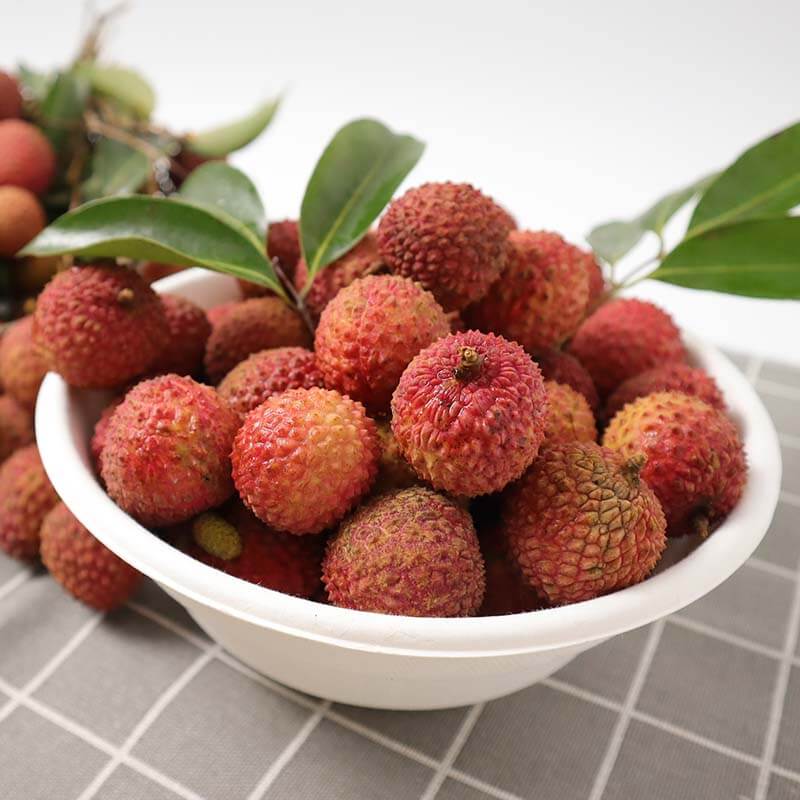
Wholesale Biodegradable Disposable Bagasse Salad Rice Fruit Bowl
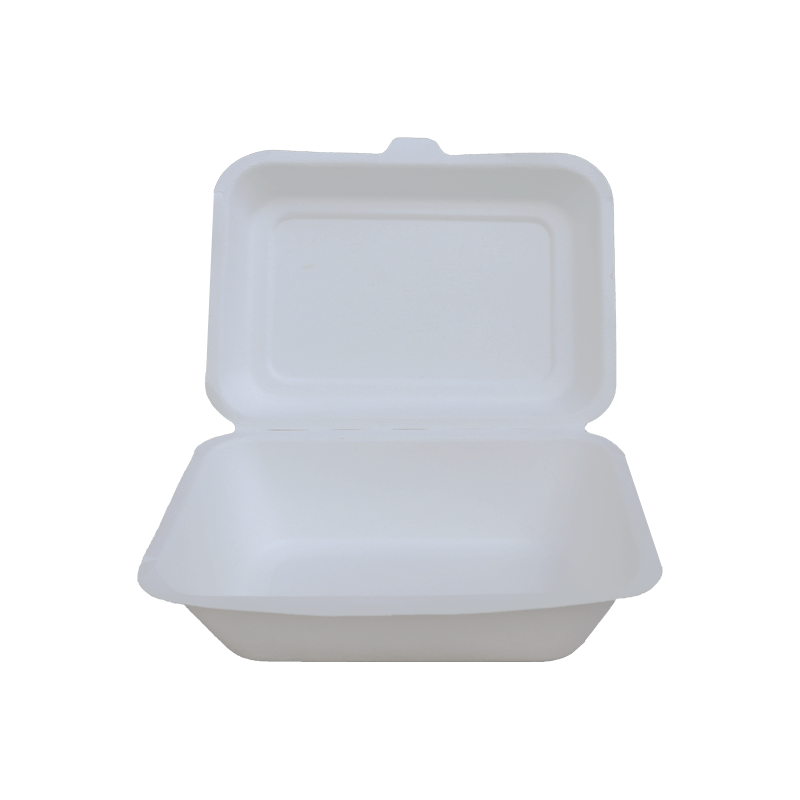
7 x 5 inch Rectangle bagasse clamshell, white
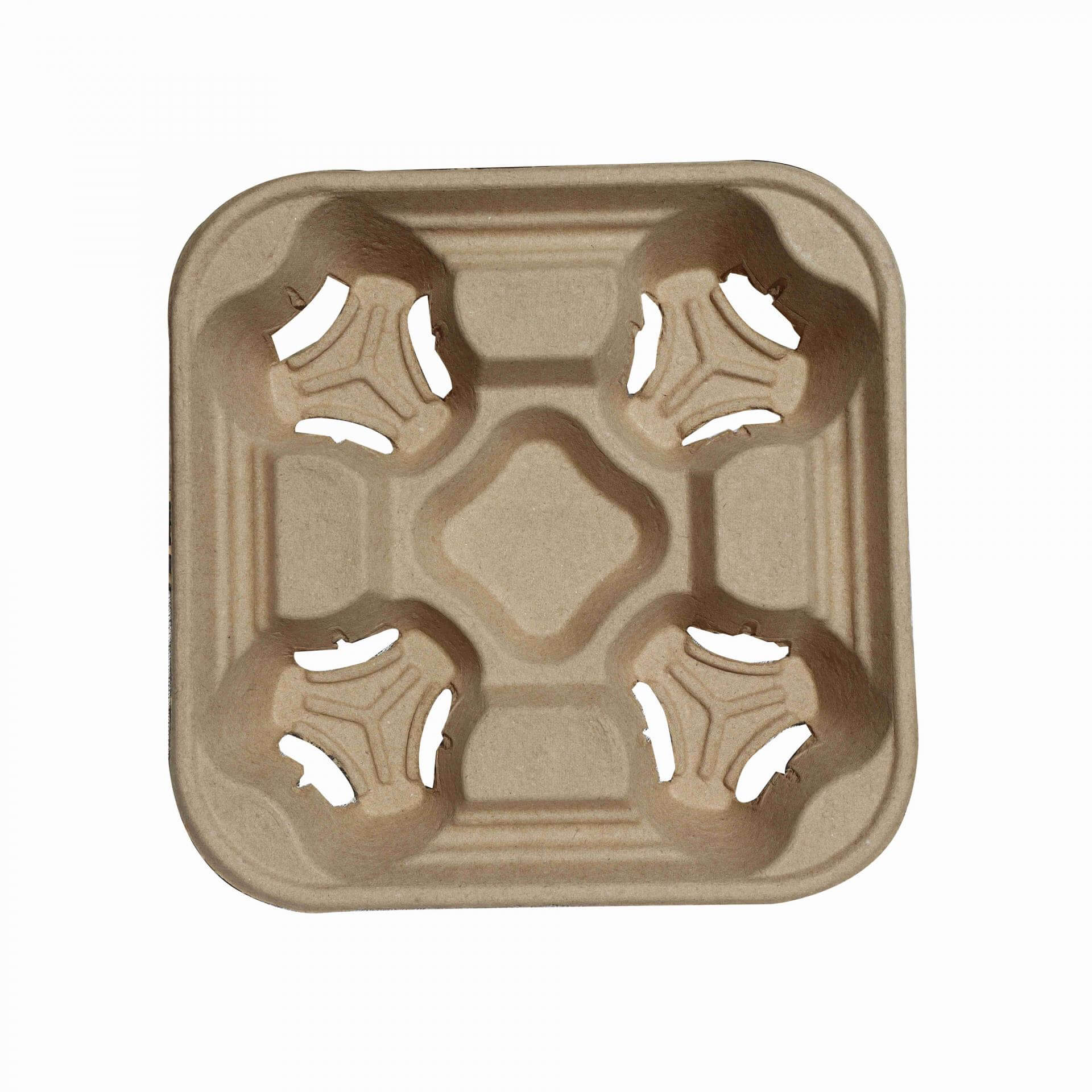
Corrugated pulp disposable 4 cup holder tray takeaway carrier
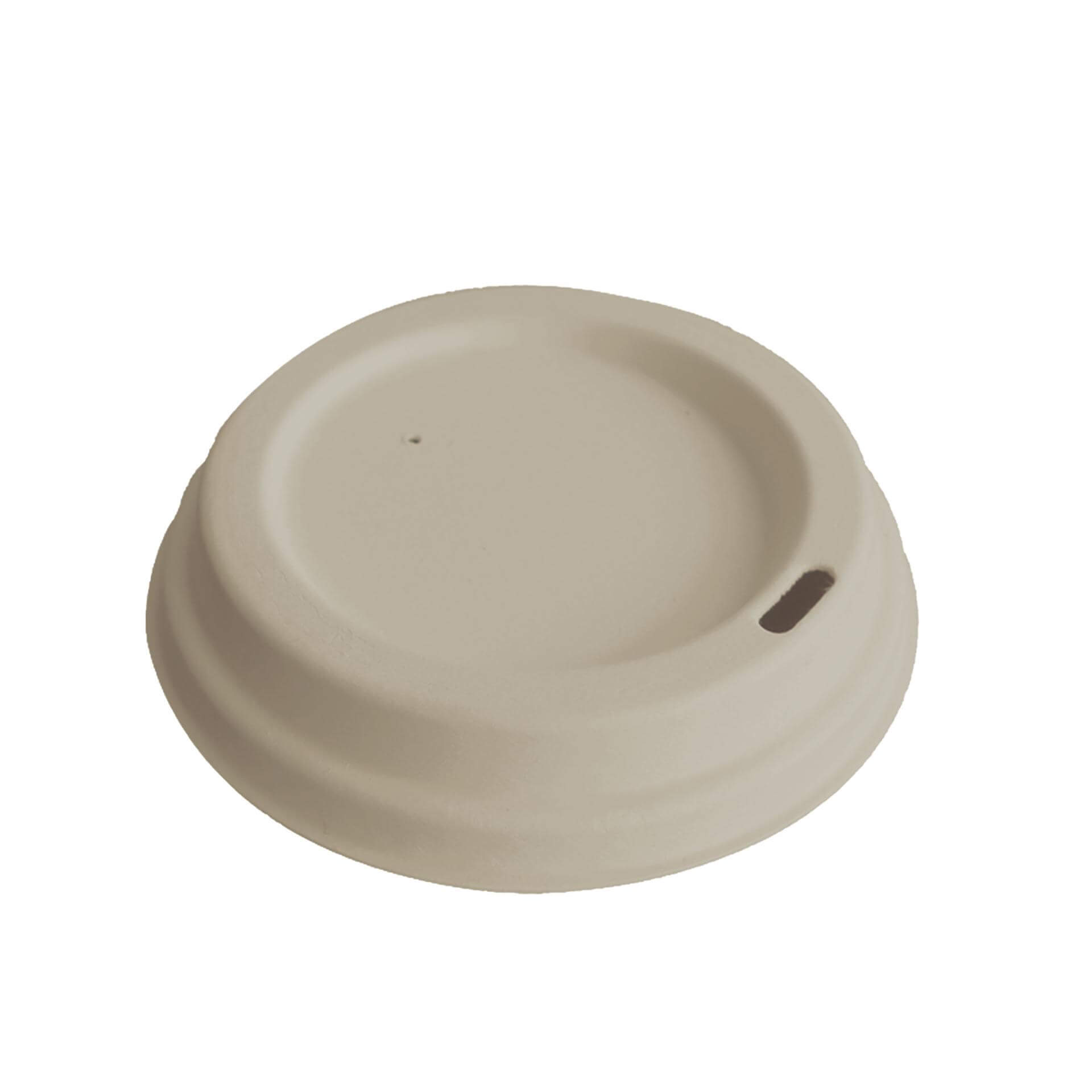
90mm natural brown sugarcane pulp sip lid, round design
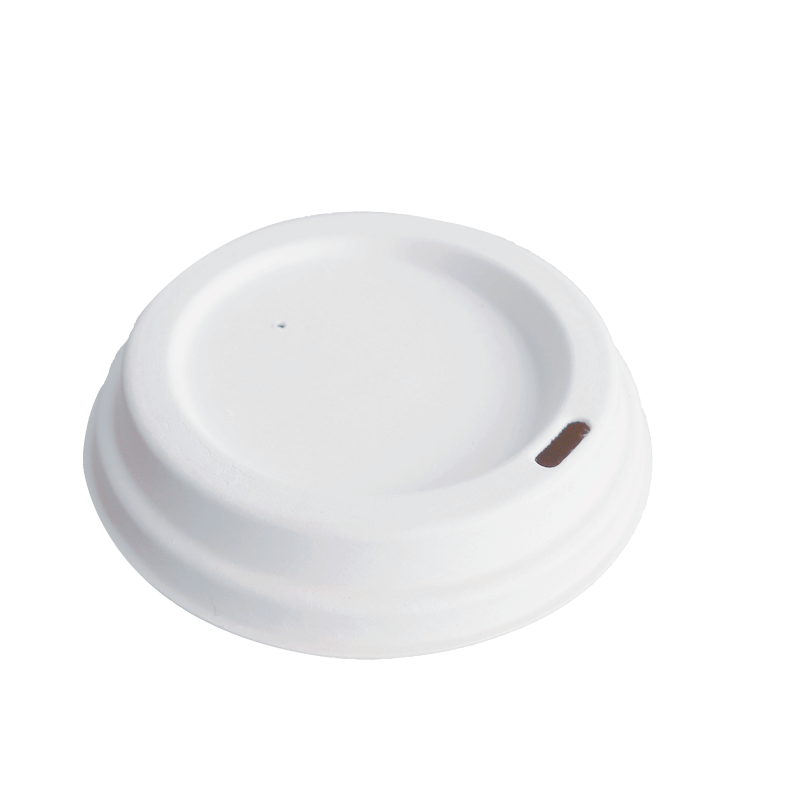
90mm White sugarcane pulp sip lid, round design
